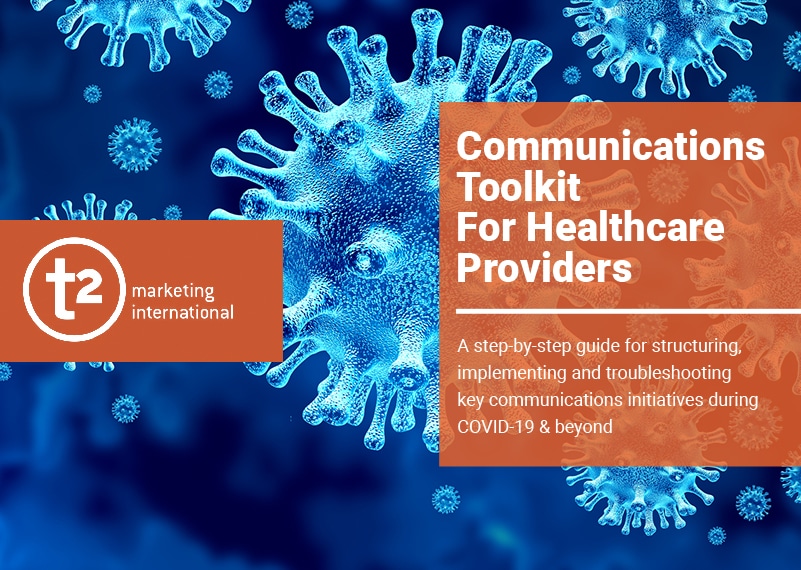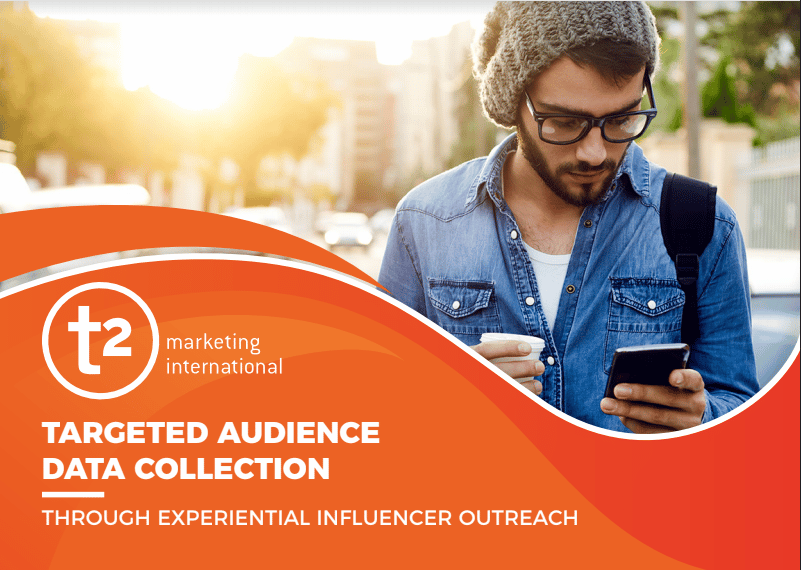What’s the Difference Between Paid, Owned and Earned Media?
We often hear about paid, owned and earned media, but what is the difference between media types and which one is best, if any?
 There is a lot of discussion around paid, owned and earned media, but not everyone knows or understands the difference between media types or which one generates the greatest degree of Social Equity for a brand. While every brand will find that one of these media types may be better than others for achieving certain goals, there are qualities to earned media that far outweigh those to paid and owned.
There is a lot of discussion around paid, owned and earned media, but not everyone knows or understands the difference between media types or which one generates the greatest degree of Social Equity for a brand. While every brand will find that one of these media types may be better than others for achieving certain goals, there are qualities to earned media that far outweigh those to paid and owned.
Paid Media
Wherever you are investing resources in order to have your brand featured – from a multimillion dollar Super Bowl ad to a five dollar ad campaigns on Facebook – you are using paid media.
There are a few great things about paid media. For one, the results are very easily measurable. In order for media companies to charge brands for advertising space, they must provide them with clear metrics of performance and reach. While the response depends on your content, you know how broad of an audience you can reach. Second, the results are more or less immediate.
When you are trying to break into a noisy market, waiting for organic traffic to build can take some time. When you pay to place your ad in front of hundreds, thousands or even millions of potential clients, you can rest assured that your presence in a market will be felt much faster than if you wait for that presence to be felt organically.
While paid media was once the end all be all of marketing and advertising, the social evolution of markets has led to a few issues resulting from the use of paid media. For one, it is not entirely credible. When people see a brand paying for ad space, they tend to ignore it compared to, say, a recommendation. Paid media has also become a very loud marketplace, and with that comes increased expense to make an impact.
Owned Media
Do you have a corporate website? Are you publishing content on a blog or branded social channels? These are forms of owned media. Your brand holds all the cards.
Your owned media are not only going to be a source for sharing original, branded content, but these media will be hubs in which your leads and customers will congregate. Owned media are great spaces in which you can engage your audience and, ultimately, work to generate new clients. These are also cost-efficient, since all expenses are under your control. There are a few downsides, however, to owned media.
As I mentioned above, it is going to be a lot harder and take quite a bit longer for your audience to find you when they you are looking to generate organic traffic. There is also the same issue as with paid media in that people tend not to trust the word of a company over a friend, relative, or former customer. And that brings us to earned media.
Earned Media
Considering the increasingly social nature of the web, earned media is going to be the most fruitful for a brand. Forrester Research defines earned media very simply: “When customers become the brand.” Customer loyalty is going to be your greatest source of growth. If you are able to create brand advocates that speak on behalf of your brand, you will see your business increase dramatically.
Today, 91% of people trust the recommendations of their friends and family. This is earned media. Independent blog articles that talk about your brand positively are going to hold much more weight for prospective buyers than a piece of paid advertising that you are using to generate business.
Of course, there are some risks associated with earned media. You do not have any control over the content, and it may not be entirely accurate. There can also be negative earned media, which is never good. (Although this does give your brand an opportunity to showcase how much you care.) And while it might be hard to measure the exact returns earned media provides, you can rest assured that they are there in some way or another.
Now that you understand the difference between media types, is there one you think is most valuable? Tell us in the comments below or on Twitter!




